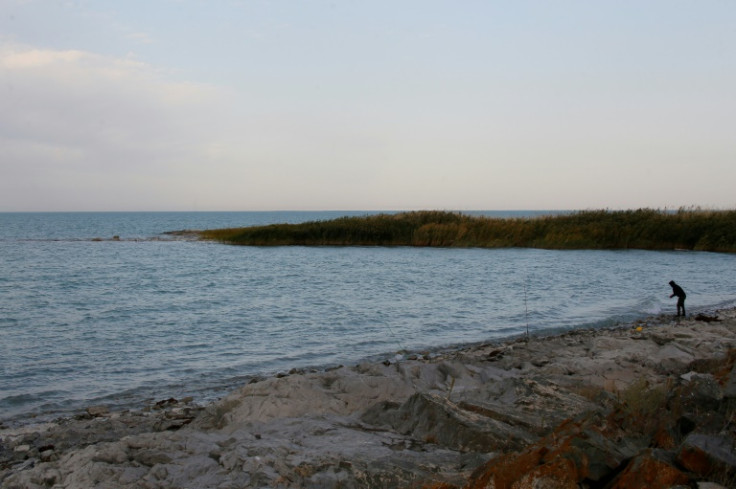
Kazakhs looked Sunday to have voted in favour of building the first nuclear power plant in the Central Asian country, the world's largest producer of uranium but lacking electricity, in a referendum.
According to two polls broadcast on state television after the polls closed, the "yes" vote had secured a win with around 70 percent of the votes.
The Electoral Commission, which put turnout at 63.87 percent, is expected to unveil final results on Monday.
China, France, Russia and South Korea are in the running to build the new power station, which is to be located on the shores of Lake Balkhash.
President Kassym-Jomart Tokayev, who was elected in 2019, says the plant would be "the biggest project in the history of independent Kazakhstan".
Tokayev indicated Sunday that he preferred an "international consortium made up of global companies equipped with cutting-edge technologies".
The "Yes" camp has dominated throughout the vote campaign in a country that still has authoritarian reflexes, despite an easing of pressure on civil society under Tokayev's rule.
The result had therefore been expected to go in favour of the project despite lingering resentment over massive radiation exposure as a result of Soviet-era nuclear tests.
To bolster turnout, the authorities cleared Kazakhs to vote even if they were not registered on the electoral lists. Buses were free in large cities on polling day to facilitate access to polling stations.
"The referendum itself is further proof of the enormous changes that have occurred in Kazakhstan over the past five years, a new clear manifestation of the concept of a listening state," Tokayev said before the vote.
Opponents of the construction, who fear an ecological catastrophe in the event of an accident at the plant, had difficulty making themselves heard. Dozens were arrested in the weeks preceding the referendum, according to local private media.
Rich in oil, rare metals and also producer of almost half of the world's uranium, Kazakhstan hopes to use nuclear power to offset a chronic energy deficit, particularly in the country's south where half of the roughly twenty million population lives.
The issue of nuclear power is sensitive given that between 1949 and 1989, the Soviet Union carried out around 450 nuclear tests there, exposing 1.5 million people to radiation.
The power station is due to be built near the semi-abandoned village of Ulken in the Kazakh steppes on the shores of Lake Balkhash, Central Asia's second-largest lake.








